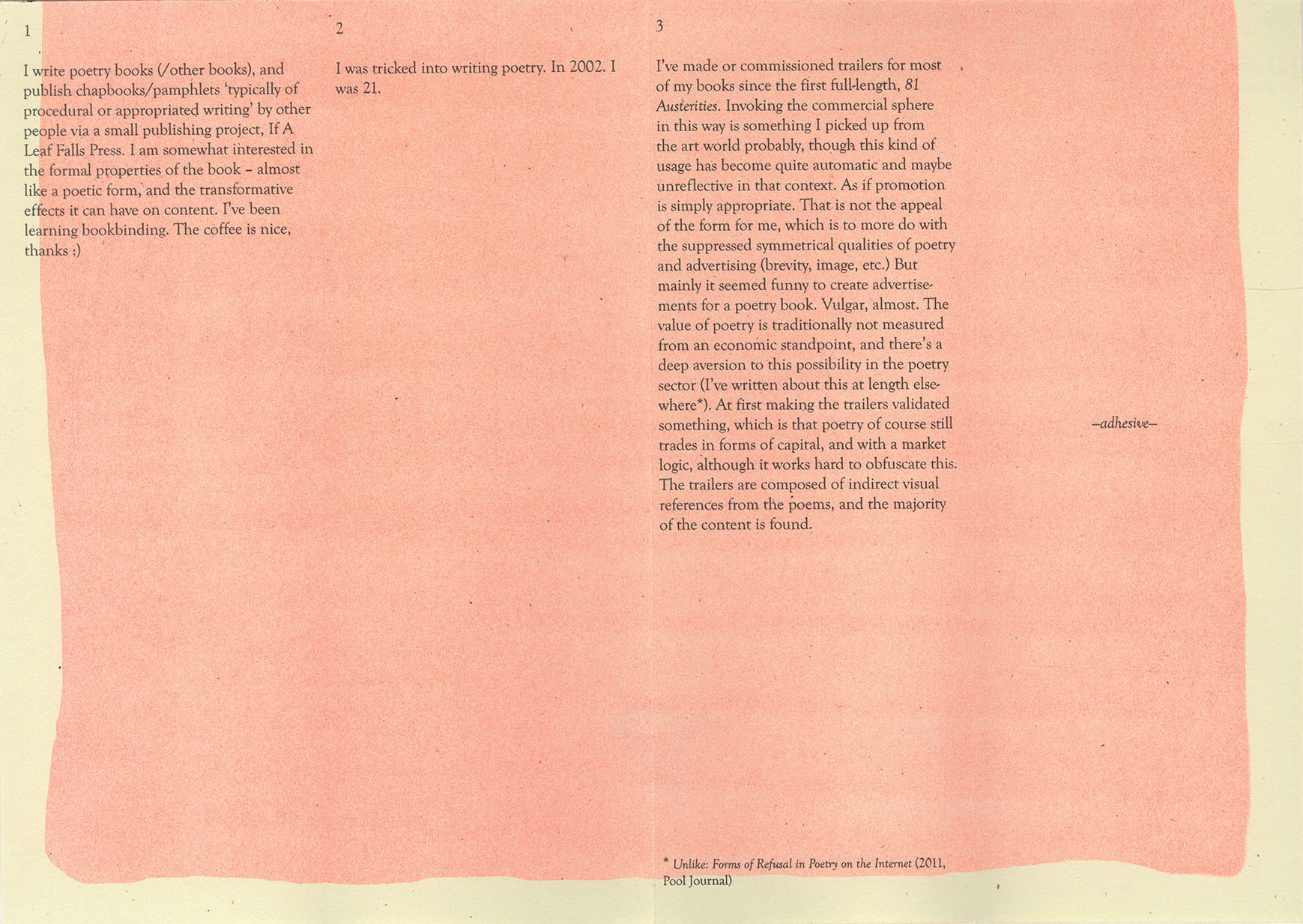
The narrative is a device of authority, control.
It is not unlawful to take someone else’s voice who had little to no voice preceding their narrative authority.
It is, however, unethical to take someone else’s voice who had little to no voice preceding their narrative authority.
This is a matter of ethics.
This is a matter of power.
Some of you reading this have no such ethics, probably because you have a certain amount of power.
In this case, there is power in poetry.
If that is the case, there is power held over and against poetry.
Most of the enslaved were forbidden to learn to read and write.
In this case, the enslaved were forbidden the right to poetry.
Some of the enslaved learned to read and write. Some of the enslaved learned to read and write poetry. In this case, some mastered the lyric in spite of the ways of capitalism.
Again, the lyric is an act of selfhood and self-possession. It should precede narrative.













